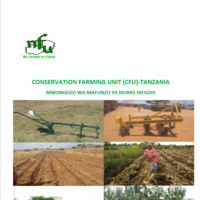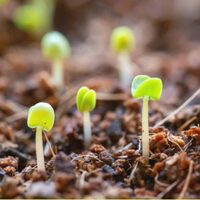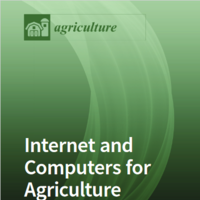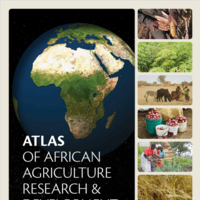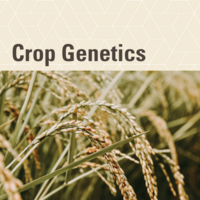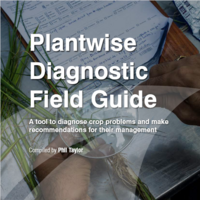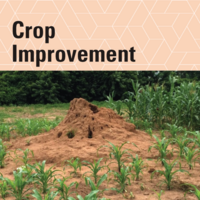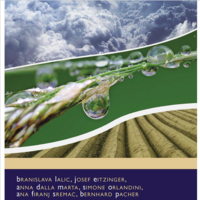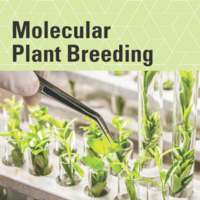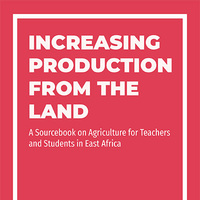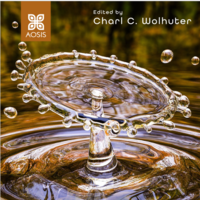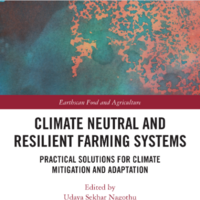Search
Books+
Searching 1,730 books
Search related to the career Agricultural Scientist
Qualifications to Become an Agricultural Scientist:
1. Education:
To become an Agricultural Scientist, you typically need a minimum of a bachelor's degree in agricultural science, agronomy, plant science, soil science, or a related field. Some positions may require a master's or doctoral degree for advanced research or teaching roles.
2. Specialization:
Consider specializing in a specific area of agricultural science, such as crop production, animal science, agricultural engineering, agricultural economics, or environmental science. This can provide you with in-depth knowledge and expertise in your chosen field.
3. Research Skills:
Develop strong research skills, including the ability to design and conduct experiments, collect and analyze data, and interpret research findings. Familiarity with statistical analysis software and research methodologies is highly beneficial.
4. Field Experience:
Gaining practical experience through internships, research projects, or work in agricultural settings is crucial. This hands-on experience allows you to apply theoretical knowledge, develop problem-solving skills, and understand the practical challenges faced in the agricultural industry.
5. Communication Skills:
Effective communication skills are essential for an Agricultural Scientist. You should be able to present research findings, write scientific reports and papers, and effectively communicate complex concepts to diverse audiences, including farmers, policymakers, and the general public.
6. Analytical and Critical Thinking:
Agricultural Scientists need strong analytical and critical thinking skills to identify problems, develop innovative solutions, and make informed decisions. This includes the ability to analyze data, think creatively, and adapt to changing agricultural practices and technologies.
7. Knowledge of Agricultural Practices:
A comprehensive understanding of agricultural practices, including crop production, livestock management, soil conservation, pest management, and sustainable farming techniques, is essential. Stay updated with the latest advancements and trends in the agricultural industry.
8. Collaboration and Teamwork:
Agricultural Scientists often work in multidisciplinary teams, collaborating with farmers, researchers, policymakers, and industry professionals. Strong teamwork and collaboration skills are necessary to effectively contribute to projects and achieve common goals.
9. Continuous Learning:
The field of agricultural science is constantly evolving. Stay curious and committed to lifelong learning by attending conferences, workshops, and pursuing professional development opportunities. This will help you stay updated with the latest research and advancements in the field.
Remember that specific job requirements may vary depending on the employer, location, and the specific role within agricultural science.
Source: Various AI tools
